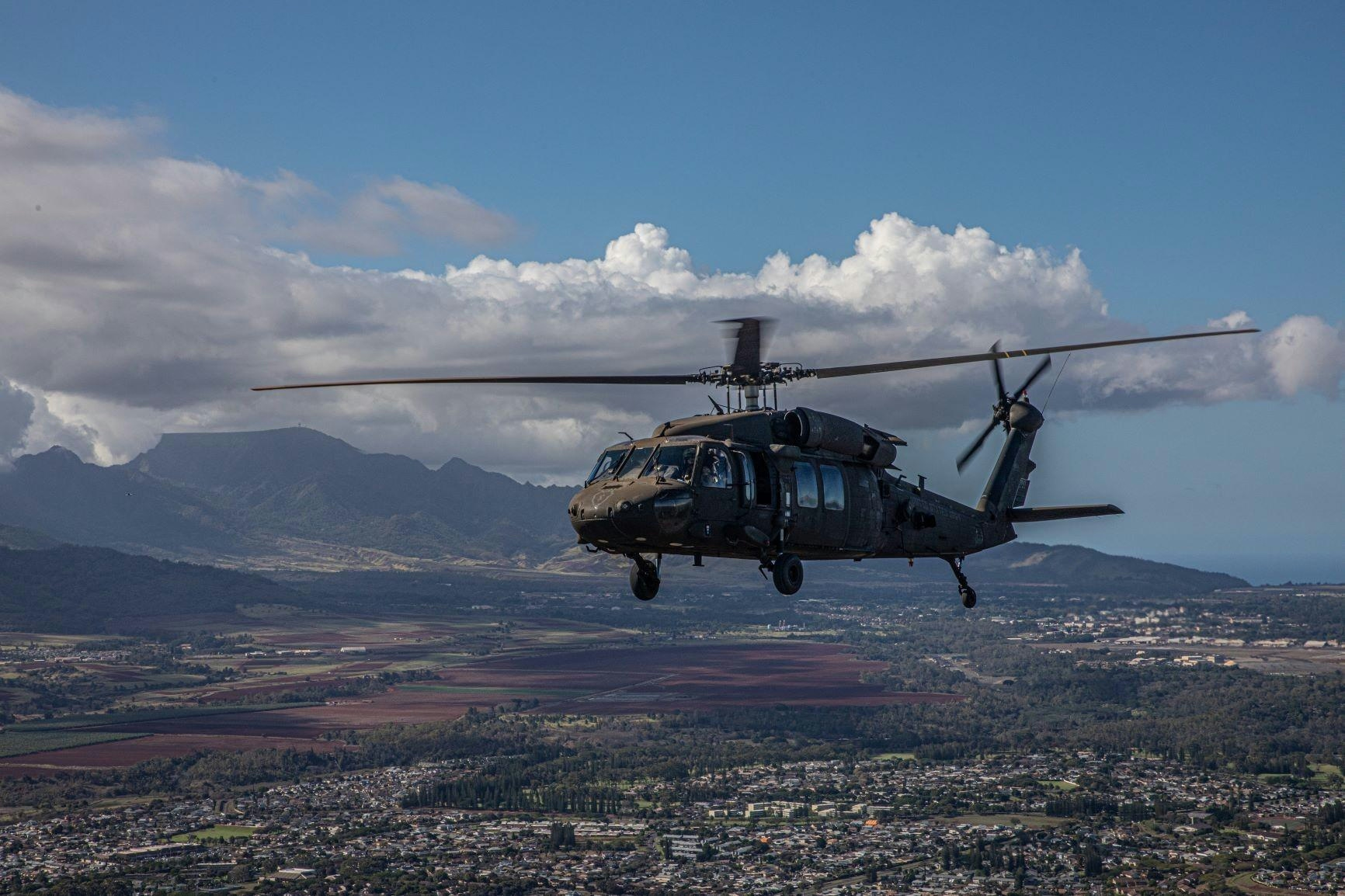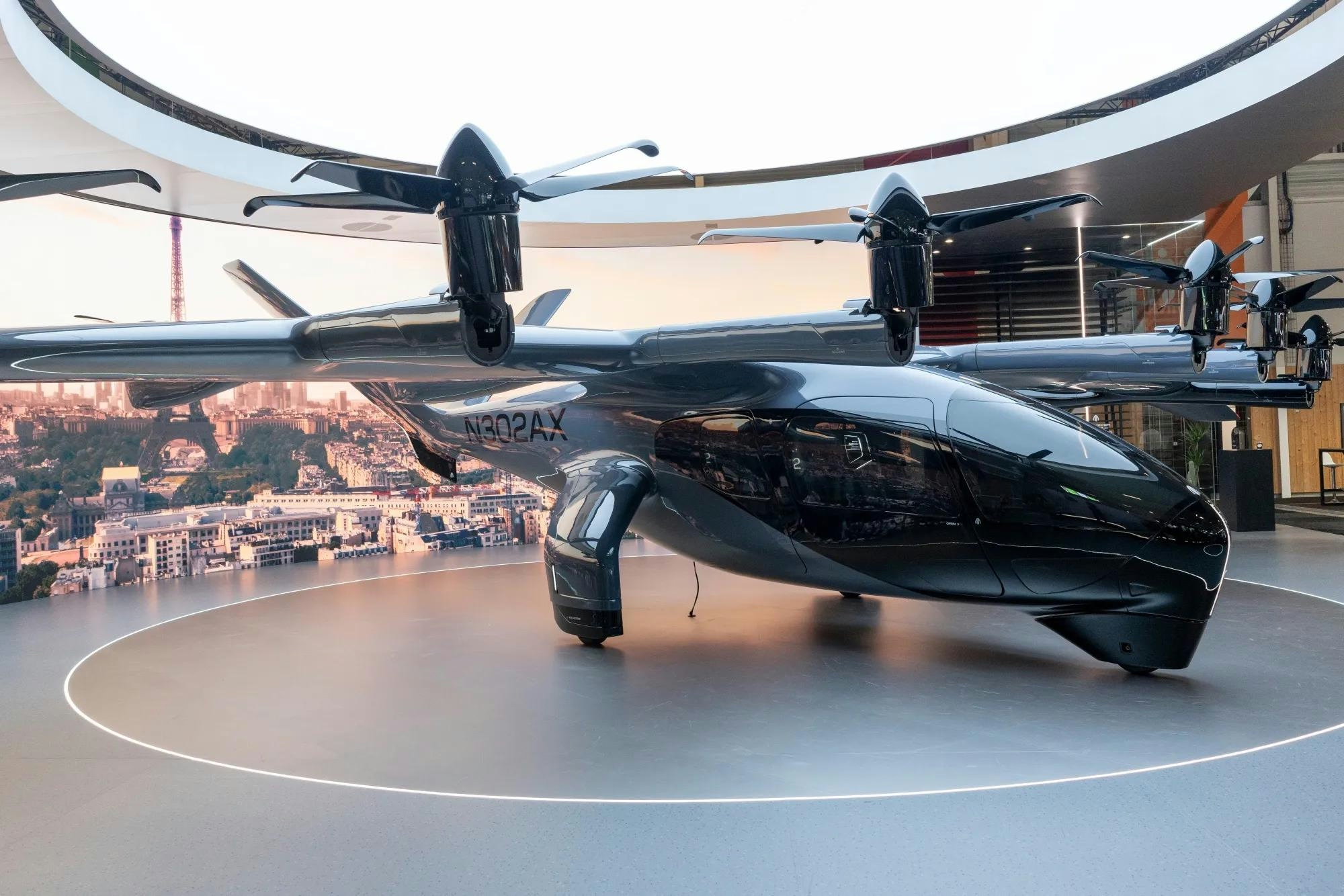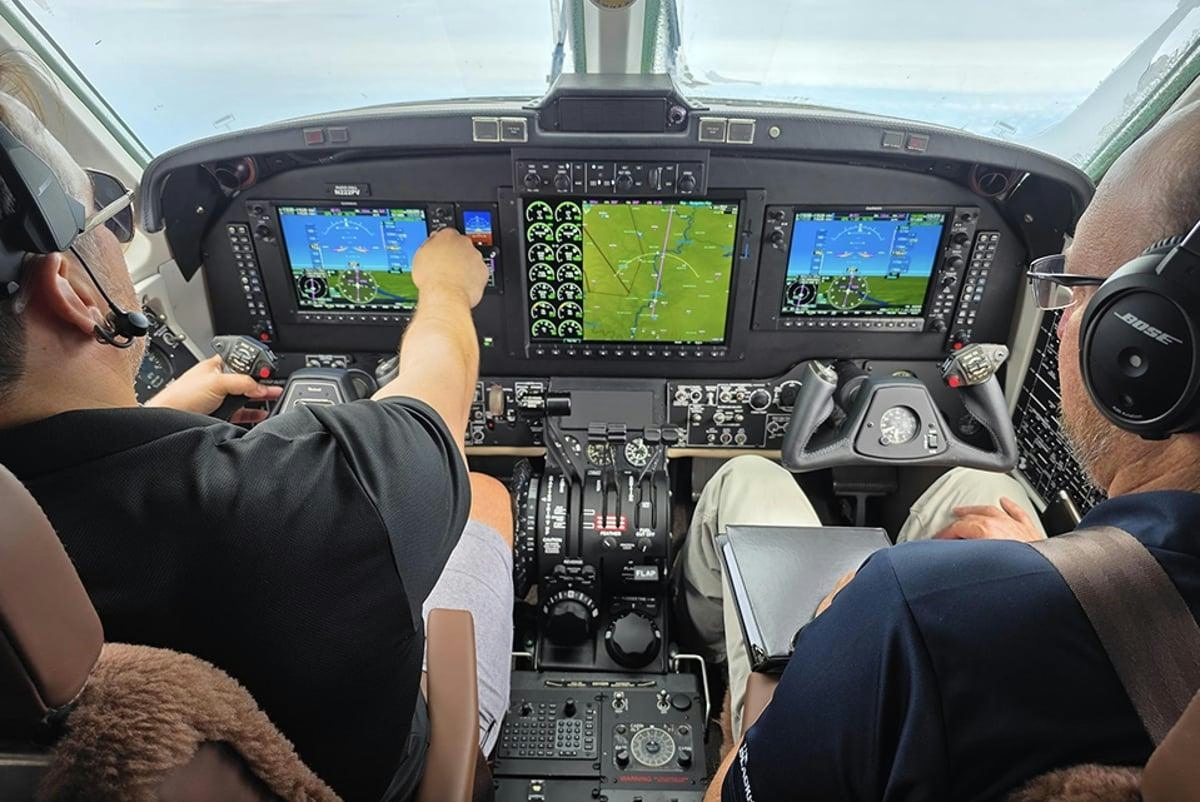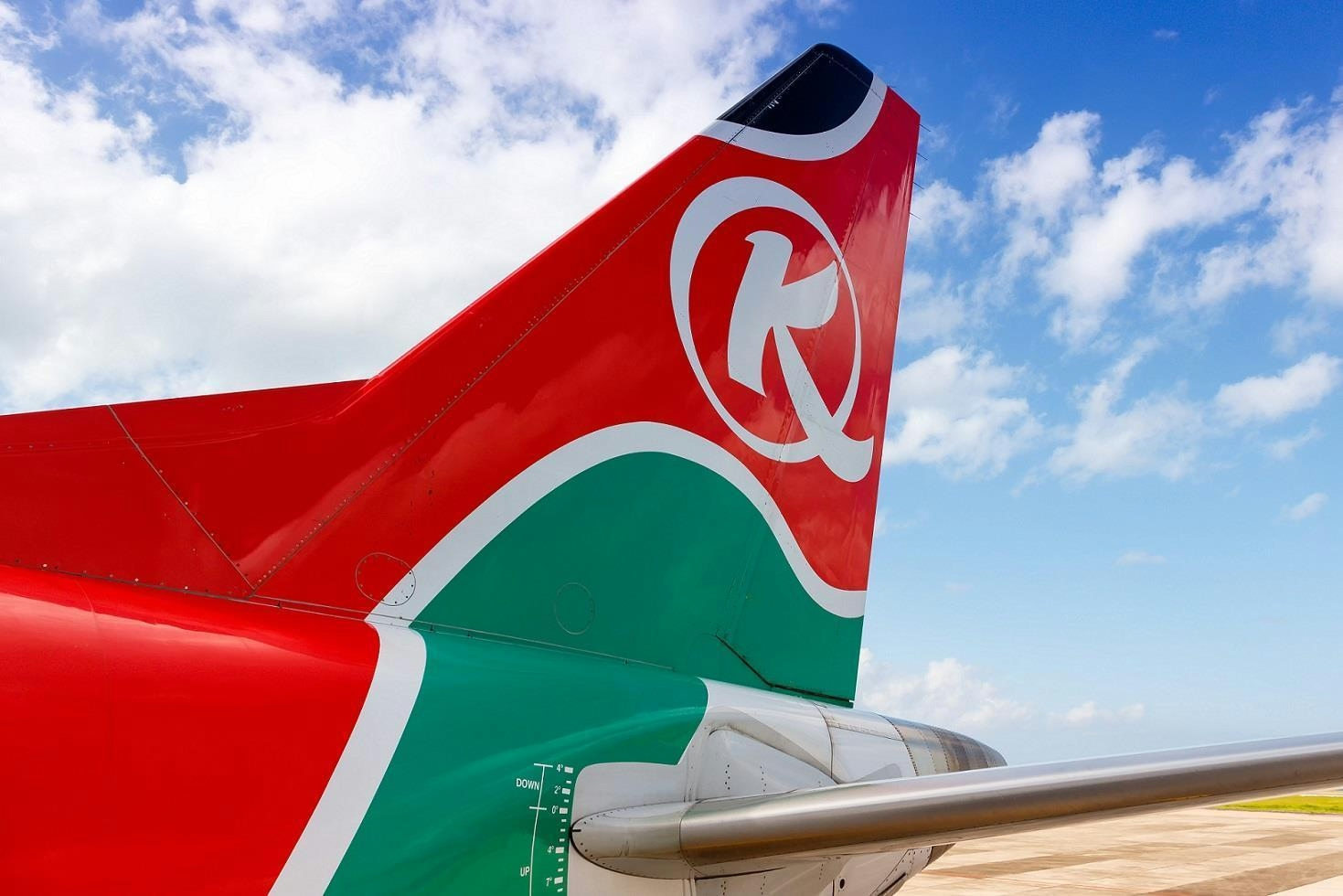
AeroGenie — Uw intelligente copiloot.
Trending
Categories
AMAC Aerospace Switzerland and Alpha Star Aviation Services Sign Agreement at Dubai Airshow 2025

AMAC Aerospace Switzerland and Alpha Star Aviation Services Sign Agreement at Dubai Airshow 2025
Strategic Partnership to Enhance AOG Services
On 18 November 2025, AMAC Aerospace Switzerland AG, a Basel-based leader in aircraft maintenance and completion, formalized an Aircraft on Ground (AOG) Services agreement with Alpha Star Aviation Services, a prominent private aviation operator headquartered in Riyadh, Saudi Arabia. The signing ceremony took place at the Alpha Star chalet during the Dubai Airshow 2025, marking a significant step toward strengthening support for Alpha Star’s private jet fleet and laying the foundation for future expansion into the business jet sector.
The event was attended by key executives, including Mr. Waleed Muhiddin, Chief Marketing Officer of AMAC Aerospace Switzerland AG, and Mr. Abdulnasser Alkheraif, Chief Executive Officer of Alpha Star Aviation Services, alongside senior teams from both organizations.
Commitment to Quality and Market Growth
Mr. Muhiddin emphasized that the agreement underscores AMAC Aerospace Switzerland’s ongoing dedication to the Maintenance, Repair, and Overhaul (MRO) market. He highlighted the company’s focus on expanding partnerships and client bases to deliver high-quality, customized services tailored to the private aviation sector’s evolving demands.
Echoing this sentiment, Mr. Alkheraif described the collaboration as a proud milestone for Alpha Star, noting its alignment with Saudi Arabia’s Vision 2030. He stressed that the partnership would enhance maintenance planning capabilities and reinforce customer satisfaction and trust.
Positioning Amid Regional Market Dynamics
This alliance emerges amid increasing competition and opportunity within the Middle East and Asia, regions where Airbus Corporate Jets (ACJ) projects substantial growth in private aviation. As demand intensifies, both AMAC Aerospace and Alpha Star face the challenge of balancing competitive pricing with the expansion of their service networks to meet client expectations. Industry analysts observe that this agreement strategically positions both companies to capture a larger share of the growing market, while encouraging competitors to elevate their maintenance and service offerings in the region.
By combining their strengths, AMAC Aerospace Switzerland AG and Alpha Star Aviation Services are enhancing their operational capabilities and proactively addressing the shifting dynamics and customer requirements of the global business aviation industry.

Starlink Expands High-Speed Wi-Fi Service to Private Jets

M1 Support Services Secures $601 Million MRO Contract with U.S. Army

Teneo.ai Launches Agentic AI for Airlines, Automating Luggage Updates and Loyalty Support with Enterprise-Grade Control

Archer Partners with NVIDIA to Develop Next-Generation Aviation AI

Blackhawk Group Acquires Silver Sky Aviation

Nine Lufthansa Airlines to Adopt Amadeus’ AI-Based Nevio Modular Solutions

ACC Aviation Names Luca D’Urso Vice President

Travel in 2045: A 20-Year Outlook on AI’s Impact

BluJay Aerospace Advances Indian Aviation
